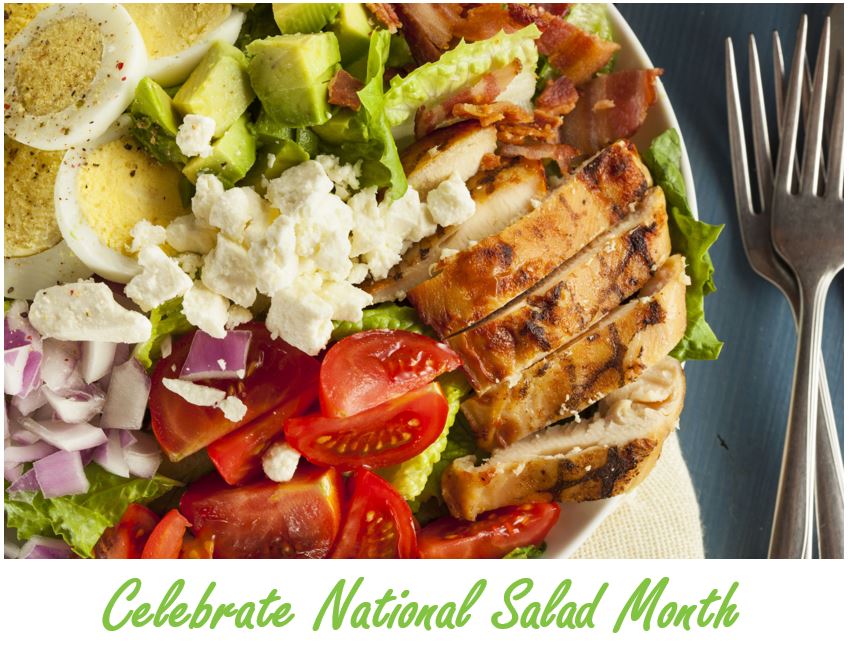May is National Salad Month. Sure, it’s not as exciting as the opening of baseball season, but it’s still worth celebrating, whether you prefer Cobb Salad, Caesar Salad or just some simple mixed greens.
On average, Americans eat about 30 pounds of lettuce per year – but it’s not always easy to get the recommended amount of leafy greens. As such, bagged salads have become increasingly popular due to the convenience and available varieties. They’re a great option, but unlike uncut lettuce, bagged lettuce doesn’t last as long in your fridge. Forty percent of bagged salad is thrown out in the U.K., and in the U.S. we regularly toss out about one third of all food products.
When it comes to bagged salads, they’re only as fresh as their weakest ingredient. And with consumers expecting to have full-year produce availability, they’re often shipped thousands of miles from California and Arizona (which produces 90 percent of the country’s lettuce) to the Midwest, Canada and east coast, which takes as many as five days. This means the product is much closer to its expiration date when it arrives at your local store.
If the head lettuce in the bag has five days of remaining shelf-life, but the butter lettuce has only two, you’re looking at a bag of salad mix with only two days of shelf-life once you take it home. This makes expiration dates printed on the bags essentially useless – contributing to the 1.3 billion tons of food wasted each year when we decide to toss them into the garbage can.
In a recent article, Zest Labs’ CEO Peter Mehring points out: “The real problem in this scenario starts all the way at the beginning of the process – when the lettuce, kale or other vegetables are harvested. Even produce harvested on the same day may spoil at different rates depending on the post-harvest processing and handling.”
By providing growers, shippers and grocers with more information about the dynamic remaining shelf-life of each of the ingredients that go into bag salads starting at harvest, they can better manufacture bagged salads with consistent freshness that can last in your refrigerator for more than a couple of days. This leads to more satisfied customers, more nutritious salad and less waste.
At Zest Labs – we’re excited about National Salad Month for more reasons than just getting our recommended nutrients. It’s an opportunity to think about how we can more effectively manage the quality and shelf-life of fresh produce and reduce waste.
We should also tip our hats to everyone in the fresh food supply chain that produce, harvest, package, process and ship great fresh produce around the country so that we can enjoy them in our salads year-round.
I know I’ll be eating a Chicken Cobb Salad or two this month. Let me know what salad you’ll be eating to celebrate and maybe I’ll try it out!


